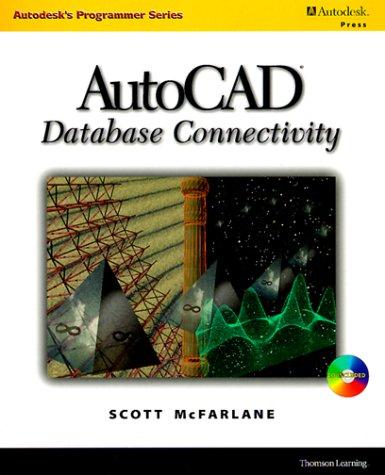Answered step by step
Verified Expert Solution
Question
1 Approved Answer
The figure below shows a simplified model of the arm. Draw the forces acting on the forearm. Assume that the biceps connects to the forearm
The figure below shows a simplified model of the arm. Draw the forces acting on the forearm. Assume that the biceps connects to the forearm perpendicularly so that all the force it exerts is in the vertical direction.
Draw the vectors starting from the point of application of each force. The location and orientation of the vectors will be graded. The length of the vectors will not be graded.
Select the elements from the list and add them to the canvas setting the appropriate attributes.Select to observe the list of the elements that can be added to the canvas. Press CTRLY to get to the elements on the canvas. Press CTRLQ to quit the application.
Select to showhide the vector for the sum of the drawn vectors. Press CTRLY to get to the elements on the canvas. Press CTRLQ to quit the application.
Delete the selected element. Press CTRLY to get to the elements on the canvas. Press CTRLQ to quit the application.
Press to go to keyboard navigation instructions below the canvas.
Select to remove all drawn elements. Press CTRLY to get to the elements on the canvas. Press CTRLQ to quit the application.
Attributes panel is empty. Press CTRLY to get to the elements on the canvas. Press CTRLM to return to the main menu. Press CTRLQ to quit the application.No elements selected
Select the elements from the list and add them to the canvas setting the appropriate attributes. Press CTRLM to get to the main menu. There is an image on the canvas: Two rods are connected by a ball joint. One rod extends vertically upward from the joint. The other rod extends horizontally rightward from the joint and has length d subscript ball. Distance d subscript biceps is measured from the left end of the horizontal rod to some point on the rod. Distance d subscript biceps accounts for a bit over one third of d subscript ball.
Two rods are connected by a ball joint. One rod extends vertically upward from the joint. The other rod extends horizontally rightward from the joint and has length d subscript ball. Distance d subscript biceps is measured from the left end of the horizontal rod to some point on the rod. Distance d subscript biceps accounts for a bit over one third of d subscript ball.Select the elements from the list and add them to the canvas setting the appropriate attributes. Press TAB to get to the main menu.Use arrow keys to apply parallel transition to the object. Press TAB to move to the next element on the canvas. Press SHIFTTAB to return to selecting the end point. Press DEL to delete the element from the canvas. Press CTRLA to modify the attributes. Press CTRLM to get to the main menu. Press ESC to quit adding or editing this element. Press CTRLQ to quit the application.Press SPACE to get to the set of hotspots or use arrow keys to move on the canvas. Press ESC to quit adding or editing this element. Press CTRLA to modify the attributes. Press CTRLM to get to the main menu. Press CTRLQ to quit the application.Press SPACE to get to the set of hotspots or use arrow keys to move on the canvas. Press TAB to select the whole element. Press SHIFTTAB to move to selecting the start point. Press CTRLA to modify the attributes. Press CTRLM to get to the main menu. Press ESC to quit adding or editing this element. Press CTRLQ to quit the application.Press TAB to move to the next element on the canvas. Press DEL to delete the element from the canvas. Press CTRLA to modify the attributes. Press CTRLM to get to the main menu. Press ESC to quit adding or editing this element. Press CTRLQ to quit the application.Press SPACE to get to the set of hotspots or use arrow keys to move on the canvas. Press ENTER to change the direction. Press TAB to move to the next element on the canvas. Press DEL to delete the element from the canvas. Press CTRLA to modify the attributes. Press CTRLM to get to the main menu. Press ESC to quit adding or editing this element. Press CTRLQ to quit the application.
Select the elements from the list and add them to the canvas setting the appropriate attributes.
Request Answer
Part C Complete previous parts
Part D Complete previous parts
Part E Complete previous parts
Part F Complete previous parts
SOLVE
Now use the information you have accumulated to construct mathematical expressions for Fy
and tau
and use these to derive the solution.
Part G Complete previous parts
Part H Complete previous parts
Part I Complete previous parts
ASSESS
Evaluate whether the answer you obtained for the force exerted by the biceps is reasonable.
Part J Complete previous parts
Provide Feedback
Correct. No additional followup.
Step by Step Solution
There are 3 Steps involved in it
Step: 1

Get Instant Access to Expert-Tailored Solutions
See step-by-step solutions with expert insights and AI powered tools for academic success
Step: 2

Step: 3

Ace Your Homework with AI
Get the answers you need in no time with our AI-driven, step-by-step assistance
Get Started


